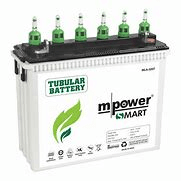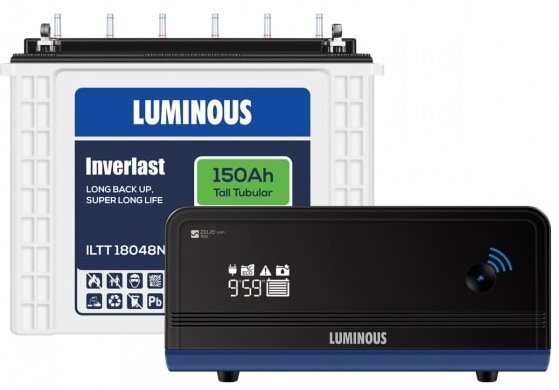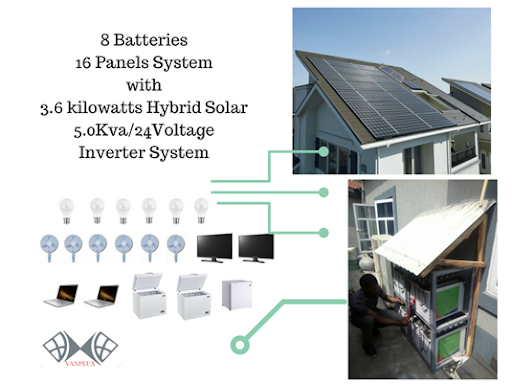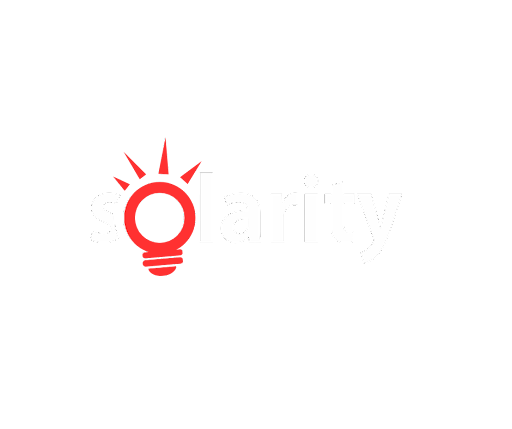1. A producer of solar batteries
The brand you select will affect the price of the battery, just like it does with everything else you purchase. This is so because various brands employ various manufacturing procedures and provide various services.
For instance, the luxury range of solar batteries sold by the Chinese or Japanese battery maker Mpower solar battery can cost up to ₦185,000. On the other side, the price of the Luminous, including installation fees, is only ₦185,000.00!
2. Battery chemistry
Although there are many other kinds of batteries available, lithium-ion batteries are used in the majority of home systems.
For solar batteries, nickel manganese cobalt (NMC) and lithium iron phosphate are the two primary lithium-ion chemistries employed (LFP). Although lead-acid batteries are less expensive than lithium-ion batteries, some homeowners prefer to use them because of their shorter lifespan, smaller capacity, and need for frequent maintenance.
3. The quantity of installed batteries
It may seem obvious, but the cost of a solar energy storage system rises with the number of batteries installed. You’ll need a certain quantity of solar batteries, depending on:
How much energy you consume in kilowatt hours
The battery’s capacity for storing energy
number of appliances you wish to power
How long do you want your appliances to be powered?
One to two solar batteries will typically have enough energy stored in them to meet your energy needs and supply backup power to a few important circuits in the event of a power loss.



4. An extra load panel
Solar batteries typically aren’t able to power your entire house.
The essentials, such as your lights and refrigerator, will continue to operate, but you’ll need to add several batteries to have enough energy to run your air conditioner during a power outage or if you’re off the grid.
You may need to construct a sub-panel because a battery cannot power your complete home. This will allow the battery to back up only the essential components of your home in the event of a power loss. Installing a sub-panel, also known as a backup load panel or a critical load panel, will increase installation expenses by ₦764,000 to ₦1,528,00 in total.
5. Labor expenses
The cost of a home solar battery installation will also depend on how much labor is needed to build your battery system.
Since all of the electrical wiring and authorization necessary for both the solar system and battery system will be finished at once, the labor costs may be slightly lower if the battery is installed at the same time as the solar panels.
However, if the battery is added to the solar panel system after it has already been installed, labor costs may increase because new permits must be obtained, beneficial forms may be needed, and additional electrical work may be necessary to connect the battery to the solar panels that are already in place.
Thanks for reading this article and stay tuned for more tips and tricks on how to improve your cost of solar battery inverter and solar panels or modules design
The future of battery inverters technology
Battery inverter technology is likely to continue evolving in several directions to meet the growing demand for energy storage solutions and to enhance their efficiency, reliability, and flexibility. Here are some potential developments: Higher Efficiency: One of the primary goals of battery inverter technology is to improve efficiency. This involves
What are the Key Considerations for Choosing a Solar Inverter?
When selecting a solar inverter for your home, there are several factors to consider: Size and Capacity Ensure the inverter you choose can handle the energy output of your solar panels. An undersized inverter will bottleneck your system’s performance, while an oversized one may not be cost-effective. Efficiency Ratings Look
What is a charge controller?
A solar inverter charge controller is another critical component in a solar power system. It regulates the voltage and current coming from the solar panels to ensure that batteries are charged safely and efficiently. Why You Need a Charge Controller Batteries have specific charging requirements, and without proper regulation, you
How Solar Inverters Work in Homes
Harnessing the sun’s power for electricity isn’t just about mounting solar panels on your roof and calling it a day. There’s a critical component in the mix that often doesn’t get as much limelight but plays a pivotal role in your home solar system—the solar inverter. Understanding how solar inverters
Understanding the Basics of Solar Inverters
Harnessing the power of the sun through solar panels is becoming increasingly popular as the world moves towards sustainable energy sources. But the electricity generated by solar panels isn’t immediately ready to power your home. This is where solar inverters come into play, playing a crucial role in any solar
